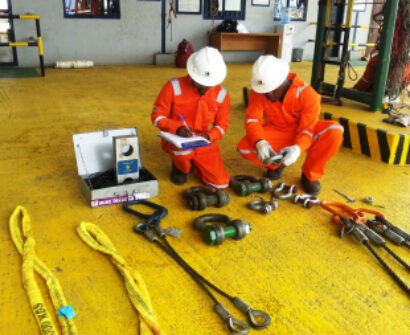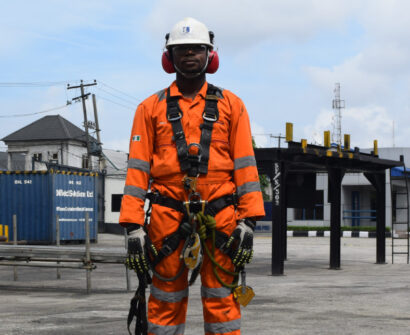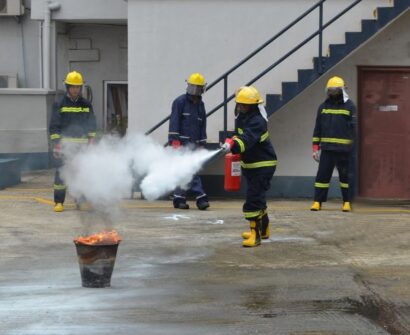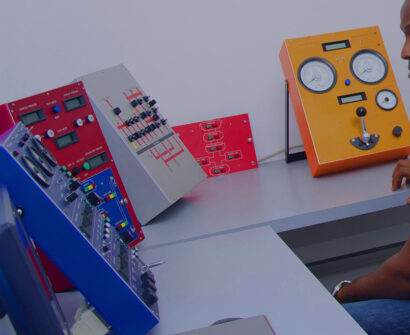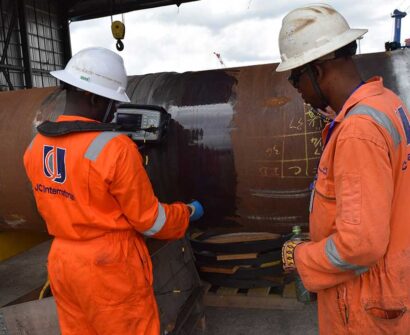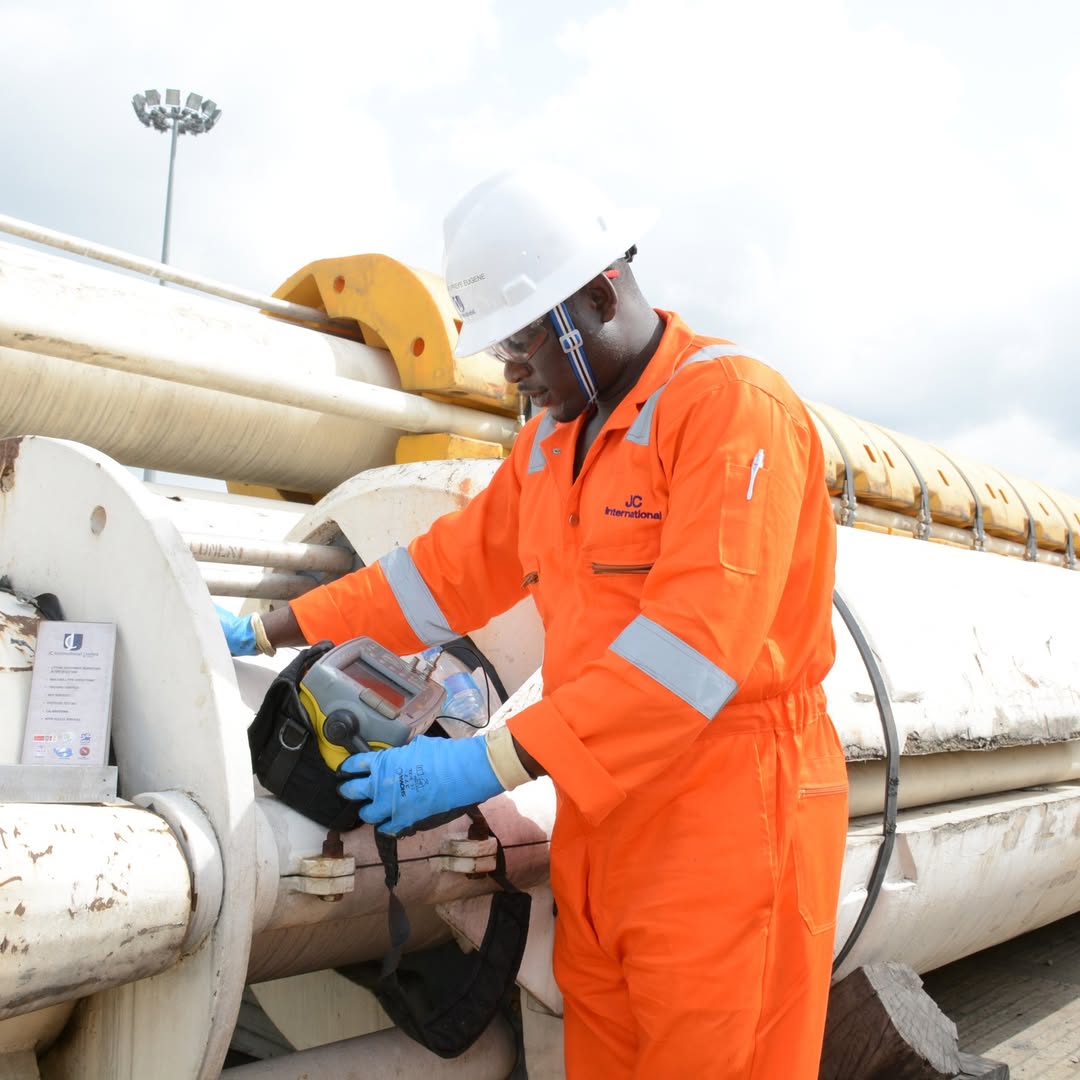
In high-risk industries like oil, gas, construction, and power generation, hidden flaws in materials can lead to catastrophic failures if left undetected. This is why Non-Destructive Testing (NDT) plays a vital role in maintaining safety and operational efficiency. One of the most effective NDT methods used globally is Eddy Current Testing. JC International provides Eddy Current Inspection training to individuals and teams detect flaws early and ensure safer operations.
What is Eddy Current Testing?
Eddy Current Testing is an advanced electromagnetic inspection technique used to detect surface and near-surface flaws in conductive materials. It works by inducing an electrical current (eddy current) in the material using an alternating magnetic field. Any interruptions, such as cracks, corrosion, or material variations—alter the flow of the current. These changes are measured and analyzed to identify flaws with high precision.
Where Can Eddy Current Testing Be Used?
Eddy Current Testing is widely applied in industries where material integrity is critical:
- Oil and Gas: Inspecting pipelines, heat exchanger tubes, and offshore structures for cracks and corrosion.
- Construction: Testing reinforcement bars, steel beams, and structural components.
- Aerospace and Automotive: Detecting cracks in aircraft fuselage, turbine blades, and automotive parts.
- Power Generation: Assessing boilers, condenser tubes, and other critical components.
- Manufacturing: Quality control of conductive materials and welds.
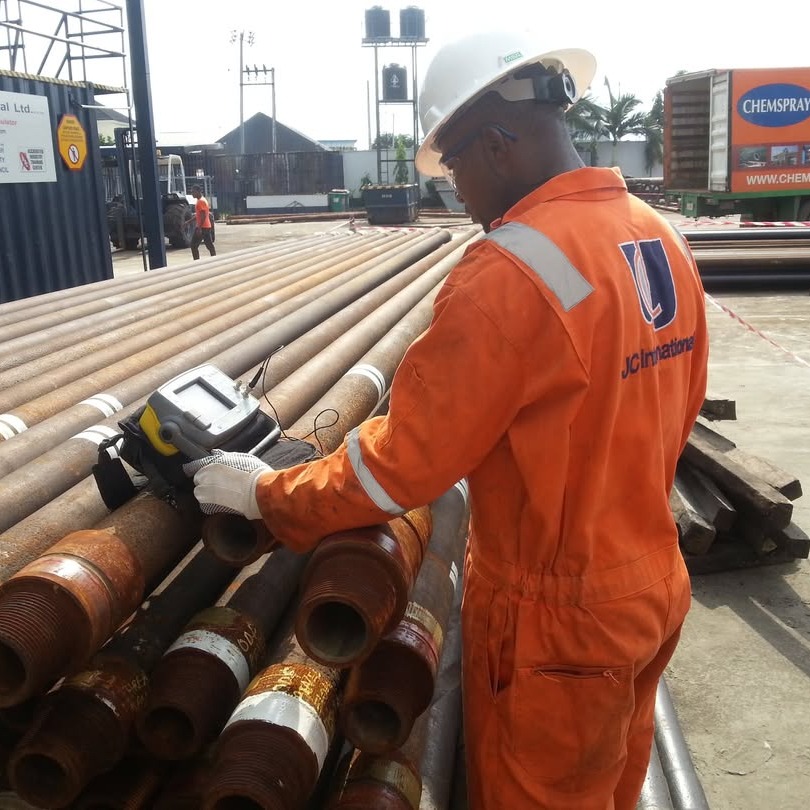
Advantages of Eddy Current Testing
- High Sensitivity: Excellent for detecting small cracks and corrosion near the surface.
- Non-Destructive: No damage to the test material, allowing continued use.
- Fast and Efficient: Provides immediate results, making it ideal for large-scale inspections.
- Minimal Preparation: Often requires less surface preparation compared to other methods.
- Portable Equipment: Suitable for field inspections in challenging environments.
Disadvantages of Eddy Current Testing
- Limited to Conductive Materials: Cannot be used on non-metallic materials.
- Depth Limitation: Best suited for detecting surface and near-surface defects, not deep flaws.
- Skilled Operators Required: Accurate interpretation of results requires training and expertise.
- Complex Geometry Challenges: Irregular shapes may affect test accuracy.
Eddy Current Testing Training in Nigeria
Are you an engineer, technician, quality control officer, or aspiring NDT professional looking to strengthen your expertise in non-destructive testing? JC International offers a comprehensive Eddy Current Testing trainingprogramme in Nigeria designed just for you.
Our training equips participants with:
- Technical knowledge of electromagnetic principles and testing techniques.
- Practical hands-on skills to perform Eddy current inspections on real-world components.
- Globally recognized certification that opens doors to local and international career opportunities.
With a strong balance of classroom learning and field practice, you’ll learn how to accurately detect surface and subsurface flaws, assess component integrity, and contribute to safer, more efficient industrial operations.
Why Choose JC International?
- Experienced instructors with extensive industry background.
- Training aligned with international standards.
- Practical modules that mirror real inspection scenarios.
- Certification that boosts your employability in oil & gas, aviation, power, and manufacturing industries.
When it comes to industrial safety and reliability, proper testing is non-negotiable. That’s why organizations across Nigeria and beyond trust JC International to provide both professional training and inspection services that safeguard operations and minimize risks.
Train with JC International today.
Contact us to schedule your Eddy Current Testing training in Nigeria or to learn more about our full range of NDT and inspection services. With JC International, you gain trusted expertise that empowers your career and ensures safer industries.


